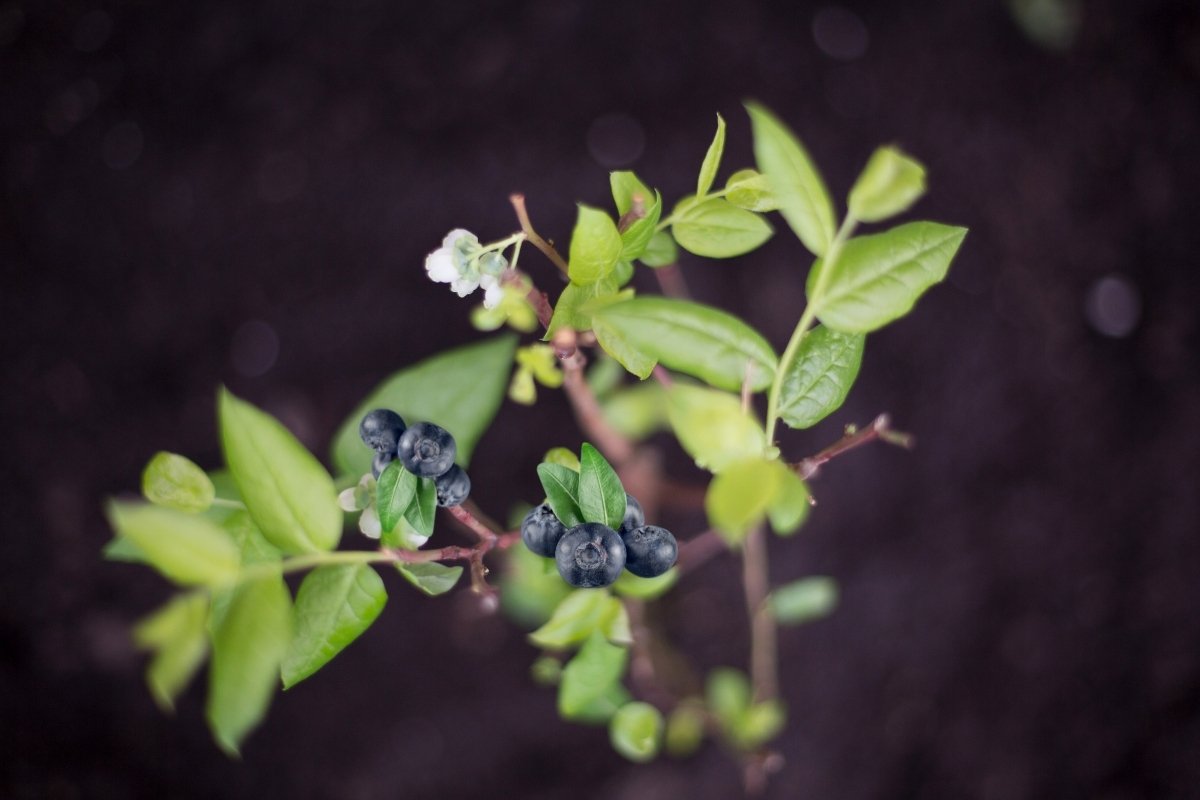Learning how to make a homemade compost catalyst enables you to make your pile efficiently available saving you valuable time.
Compost comes from decomposing leaves, papers, eggshells, coffee grounds, and
New compost can benefit from a homemade compost catalyst to help speed up the process. By combining a few basic ingredients found at home your compost pile will be cooking up the nutrients within no time.
How To Make Homemade Compost Catalyst
By learning how to speed up composting and the key factors involved, you can make your own compost within a shorter period of time. A compost pile must be at least 4’x4’x4′ to generate and keep sufficient heat. Too large piles will be too big to compress which limits the oxygen flow.
Things You Will Need
- 6 ounces of beer
- 12 ounces of soda
- ½ cup of ammonia
- 2 gallons of warm water
- 5-gallon bucket
- Shovel for mixing
- Garden sprayer
The Step by Step Method
- Place the 5-gallon bucket on sturdy ground. Choose a bucket that has not had any chemicals or any harmful contents. Clean it well before use.
- Pour 6 ounce of beer into the bucket – don’t drink any. Beer contains yeast that helps speed up the decomposition process in the compost. You can replace the beer by adding active dry yeast.
- Add ½ cup of ammonia to the beer and watch the reaction. Ammonia provides a critical shot of nitrogen. It also helps speed up the breakdown of the compost material.
- Pour 2 gallons of warm water into the mixture and mix together.
- Add the 12 ounces of regular soda to the mixture. Soda contains extra sugars that help microbes to feed during the decomposition process.
- Pour the mixture into a garden sprayer.
- Spray this mixture into the compost pile. Using your shovel, mix the pile well to make sure the homemade compost catalyst gets to all corners.
- When the heat reaches the first peak temperature, it will kill the yeast, so apply the mix once again to your compost.

Pros and Cons of Using Homemade Compost Catalyst
Not everyone finds the need to make compost in 14 days. To some, it may seem too much work but to others, it’s interesting to make their compost process work faster by using a compost accelerator. Let’s look at the advantages and disadvantages of accelerated decomposing.
Advantages
- You get ready compost in a few weeks – unlike the long process of allowing the pile to compose naturally.
- You get higher nutrient content due to less leaching in nutrients. The shorter the decomposing period, the more nutrients you preserve.
- You get fewer potential weeds and weed seeds – the quickened process that does not allow weeds to form.
Disadvantages
- You will use more effort. Unlike allowing nature to take its course, you will need to put in the effort to mix the compost.
- You will need more materials. You will need to invest in a little more than just the compost pile.

Conclusion
Life is a journey! And sometimes it takes twists and turns that we never expected. Sometimes it may end up taking us where we did not want to go. If you had the key to drive your own life the way you want, would you take it? Same here, you have the chance to cook up your compost pile within the shortest time possible and still get amazing results. Why not use it?
FAQ
What Is A Compost Accelerator?
A compost accelerator is a booster added to the compost pile to get speedy results for complete composting. It is also known as compost activators or compost starters.
Compost accelerators comprise bacteria and fungi which will help kick start nature’s operation for the decomposition process.
How Long Does It Take For Compost To Break Down?
How long compost takes to break down is about 4 weeks to 12 months to break down. However, if you make use of a tumbler, your compost can break down quicker in a period of 3 weeks to 3 months.
You should also take note that the rate at which compost will break down will depend on some factors. They are:
- Size: the size of your materials will determine if decomposition will be fast or slow. The smaller size breaks down more speedily than the bigger size. Thus, to enhance your compost to break down rapidly, chop and shred the materials into smaller sizes. Also, if you want to add things like food scraps, grass, dry leaves, etc to your compost, do so by cutting them into smaller bits.
- Turning pile compost: when you turn your pile compost often encourages aeration. It will also enhance the movement of bigger bits towards the center where they are able to decompose faster. The use of a compost tumbler enhances this procedure.
- Heat: heat will help speed up the decomposition process in the compost pile.
Does A Compost Pile Need Sun?
If you want to speed up the decomposing process of your compost pile, placing them in the sun will do the job. The compost pile will need the sun to increase the temperature making the fungi and bacteria work faster. However, watering your compost pile once in a while under the full sun might be needed so it does not dry out.
How Do You Know When Your Compost Is Ready?
If you are wondering how do you know when your compost is ready, these characteristics should help you out:
- Color: the color of your ready compost pile should be a dark rich color.
- Texture: when your compost is ready, the texture should be smooth and friable. Most of the things you added to your compost should not be seen, they should all be smooth. There should also not be too much moisture in it.
- Scent: the smell of your readymade compost should be sweet like earth. There shouldn’t be any indication of sourness. If your compost smells sour, it’s a sign of an incomplete decomposition process meaning it needs more time to decompose.
What Will Happen If You Left The Compost Too Long?
You might be wondering what will happen if you left the compost too long? Well, it’s still safe to make use of after years only if the moisture levels are well managed and covered in a dry place.
However, little by little, the compost can begin to break down. The nutrients will start to leach away and the compost pile might begin to show signs of rotting. The fungus can also begin to pollute or contaminate the compost pile.

Brian is an avid gardener who loves spending time outdoors. He is passionate about using his green thumb to create beautiful, lush gardens for her friends and family. He finds joy in tending to her garden, trimming plants, and cultivating new species. He enjoys to share his knowledge and experience with others with a similar gardening enthusiasm. Brian is a true nature enthusiast and a has true passion for the outdoors.




